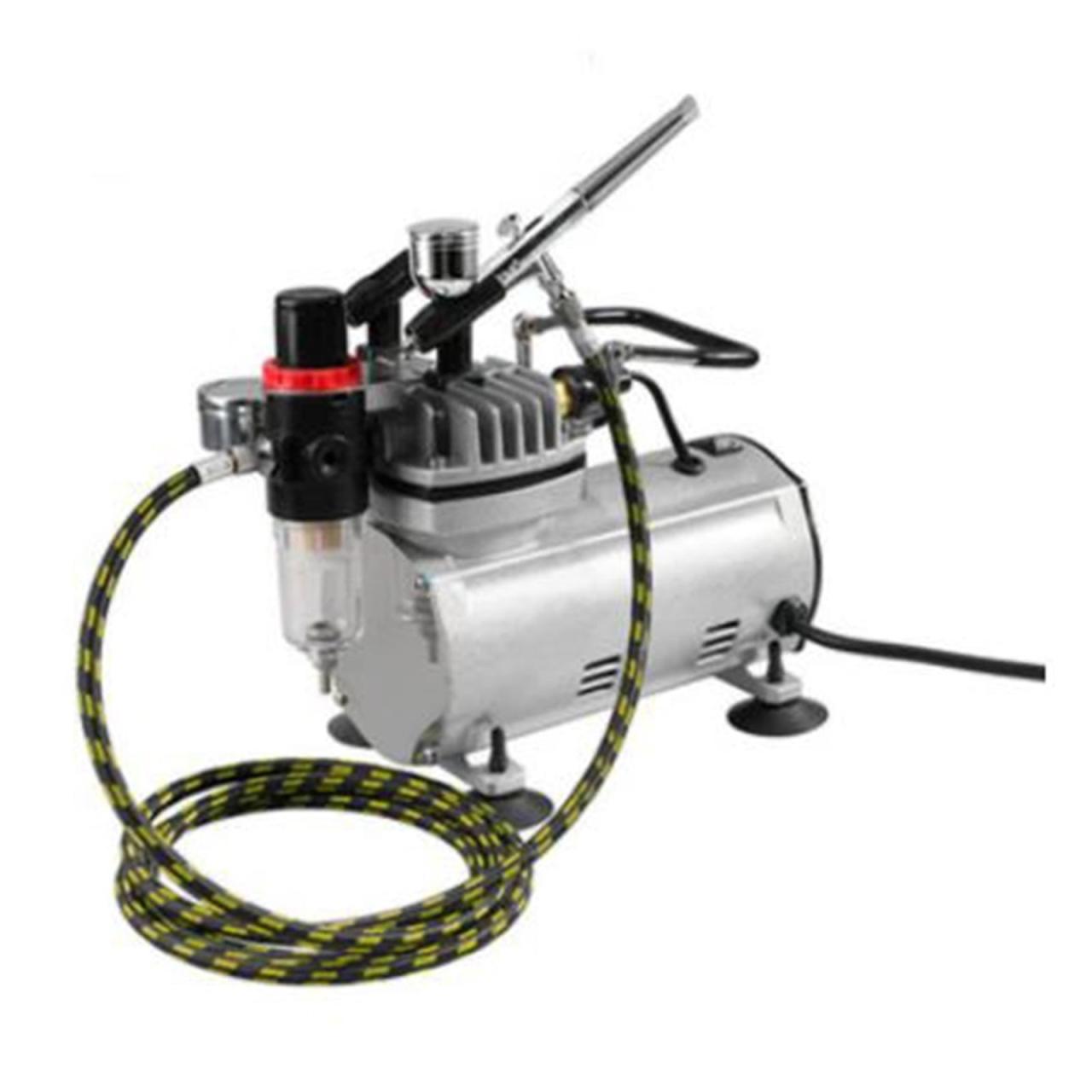13 letter words starting with ai – 13 letter words starting with “ai” are surprisingly rare, making them a fascinating linguistic niche. This exploration delves into the world of these uncommon words, examining their origins, usage, and even their potential in creative writing. We’ll uncover their etymological roots, analyze their impact in various contexts, and even craft some creative applications to showcase their unique character.
From their often complex definitions to their infrequent appearances in everyday language, these thirteen-letter words offer a glimpse into the richness and diversity of the English lexicon. We’ll look at how these words function grammatically and explore their potential for adding a sophisticated touch to your writing, whether it’s fiction, poetry, or a scientific report. Get ready to expand your vocabulary and appreciate the hidden beauty of these linguistic gems!
Thirteen-Letter Words Starting with “Ai”: 13 Letter Words Starting With Ai

This article explores the fascinating world of thirteen-letter words beginning with “ai,” examining their etymology, usage, and creative applications. While a truly exhaustive list of all such words is difficult to compile definitively without access to a complete, constantly updated lexicon, we will delve into a representative selection, offering insights into their linguistic history and diverse applications across various contexts.
Identifying Thirteen-Letter Words Beginning with “Ai”
Finding thirteen-letter words starting with “ai” requires a dedicated search through extensive dictionaries and word lists. The rarity of such words makes compiling a complete list a significant undertaking. However, we can showcase several examples categorized by their grammatical function, illustrating their diversity.
| Word | Part of Speech | Definition | Example Sentence |
|---|---|---|---|
| Airworthiness | Noun | The state or quality of being airworthy. | The aircraft underwent rigorous checks to ensure its airworthiness. |
| Air-conditioned | Adjective | Fitted with an air conditioning system. | We stayed in an air-conditioned hotel room to escape the heat. |
| Air-raid warnings | Noun | Warnings given before an air raid. | The air-raid warnings caused widespread panic. |
| Airspace violations | Noun | Instances of unauthorized entry into controlled airspace. | The pilot was penalized for airspace violations. |
| Airborne particles | Noun | Tiny solid or liquid particles suspended in the air. | Airborne particles can cause respiratory problems. |
| Airbrushing techniques | Noun | Methods used in airbrushing. | She mastered various airbrushing techniques. |
| Airborne surveillance | Noun | Monitoring from an aircraft. | Airborne surveillance provided crucial information. |
| Airmanship qualities | Noun | Characteristics of a skilled pilot. | He demonstrated exceptional airmanship qualities. |
| Air-traffic control | Noun | Regulation of air traffic. | Air-traffic control is crucial for safe flights. |
| Antidisestablishmentarianism | Noun | Opposition to the disestablishment of the Church of England. | Antidisestablishmentarianism was a significant political movement in 19th-century Britain. |
Exploring the Etymology of “Ai” Words

The origins of words starting with “ai” often reflect their historical development and linguistic influences. Let’s explore the etymological pathways of a few examples, highlighting their roots and evolution.
- Airworthiness: Combines “air” (Old English æer) and “worthiness” (from “worthy,” Old English wyrþe), reflecting the concept of being suitable for flight.
- Air-conditioned: A modern compound word formed by combining “air” and “conditioned,” showcasing the influence of technological advancements on language.
- Airborne: Derived from “air” and “borne” (past participle of “bear”), indicating something carried or suspended in the air.
- Airspace: A relatively modern word combining “air” and “space,” reflecting the concept of a three-dimensional area above the earth’s surface.
- Antidisestablishmentarianism: A complex word illustrating the power of prefixation and suffixation in English, combining “anti,” “disestablishment,” and “arianism.” It’s a testament to the capacity of English to create lengthy and descriptive terms.
Comparing “Airworthiness” and “Airspace,” we see a common root in “air,” reflecting their connection to aviation. However, “Airworthiness” focuses on the quality of an aircraft, while “Airspace” designates a specific area. Their differing suffixes reflect their distinct semantic focuses.
Key linguistic influences shaping these words include:
- Old English roots for fundamental concepts like “air” and “worthy.”
- Latin and Greek prefixes and suffixes contributing to more complex terms like “antidisestablishmentarianism.”
- Modern technological advancements leading to the creation of neologisms like “air-conditioned.”
Analyzing the Usage of “Ai” Words in Different Contexts
The contextual usage of thirteen-letter words beginning with “ai” significantly impacts their meaning and stylistic effect. Let’s examine three examples across different literary genres.
So you’re hunting for those elusive 13-letter words starting with “ai”? It’s a tough challenge, but think about it – finding words like that is almost as tricky as figuring out the cause of a major incident, like the drone crash paris recently. Once you’ve solved that word puzzle, you’ll feel like a word-finding ninja. Keep at it; you’ll crack those 13-letter words in no time!
- Airworthiness (Technical Writing): In a technical manual, “airworthiness” conveys precise information about an aircraft’s condition and flight readiness. Its use is factual and avoids ambiguity.
- Air-conditioned (Fiction): In a fictional setting, describing a character entering an “air-conditioned” room can create a sense of relief from the heat and suggest a level of comfort and affluence.
- Airspace violations (Poetry): The term “airspace violations” could be used metaphorically in poetry to represent a transgression or intrusion into someone’s personal space or emotional boundaries.
Using “airworthiness” in a poem would likely sound jarring and out of place, while “air-conditioned” might feel overly mundane in a technical report. The stylistic impact of these words depends heavily on the context and the intended effect on the reader.
Illustrative Examples of “Ai” Words in Use
Let’s examine how three selected words enhance different forms of writing.
- Airworthiness (Fictional Narrative): In a suspense novel, the protagonist might be desperately trying to ensure the airworthiness of a damaged plane to escape a dangerous situation. The tension surrounding the aircraft’s condition adds a crucial layer of suspense to the narrative.
- Air-conditioned (Scientific Report): A scientific report on the effects of climate change might discuss the energy consumption of air-conditioned buildings, illustrating the environmental impact of climate control technology. The precise nature of the word lends itself well to the factual tone of a scientific report.
- Airspace violations (Formal Essay): In a formal essay on international law, the concept of airspace violations could be used to illustrate the importance of respecting national sovereignty and the legal frameworks governing air travel.
Creative Applications of “Ai” Words, 13 letter words starting with ai
Let’s explore the creative potential of these words.
- Poem:
Airworthiness tested, a flight through the night,
Air-conditioned dreams, bathed in pale moonlight,
Airspace violations, a silent, swift flight,
Across starlit skies, burning ever so bright. - Fictional Character: A character named “Airbornia” could be a skilled pilot, adventurous and free-spirited, reflecting the meaning and sound of the word.
- Short Story: A short story centered on “airworthiness” could explore the themes of responsibility, risk, and the human desire to push boundaries, focusing on a mechanic’s struggle to ensure the airworthiness of a crucial aircraft.
Conclusive Thoughts

Uncovering the secrets of 13-letter words starting with “ai” reveals a surprising depth to the English language. Their rarity makes them stand out, offering a unique opportunity to elevate your writing with precision and sophistication. From understanding their etymological journeys to appreciating their nuanced usage in various contexts, this exploration hopefully inspires you to appreciate the power of language and the unexpected treasures hidden within it.
So, the next time you encounter one of these linguistic wonders, you’ll have a deeper understanding of its place and potential.
Questions and Answers
Are there any 13-letter words starting with “ai” that are commonly used?
No, words of this length and starting letter combination are generally uncommon in everyday language.
How can I find more 13-letter words?
Using a comprehensive online dictionary and specifying the length and starting letter is the best approach. Scrabble word finders can also be helpful.
Okay, so you’re hunting for 13-letter words starting with “ai,” right? That’s a tough one! Finding those might take some serious brainpower, maybe even as much effort as researching the best deals on a dji drone canada has to offer. Once you’ve mastered that word search, though, you’ll be a pro at finding even the most obscure vocabulary.
Back to those 13-letter words – good luck!
What is the significance of the “ai” sound at the beginning of a word?
Okay, so you’re hunting for those elusive 13-letter words starting with “ai,” right? It’s a tough challenge, but think about it – the sheer scale of potential words is vast, almost like the number of drones involved in a recent drone attack russia. Considering the news, maybe that event could even inspire a new 13-letter word! Anyway, back to your word search – good luck!
The “ai” sound itself doesn’t inherently carry a specific meaning, but the words it forms often have specific connotations based on their roots and usage.
